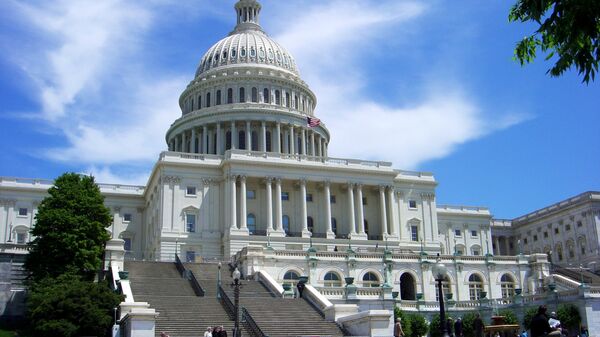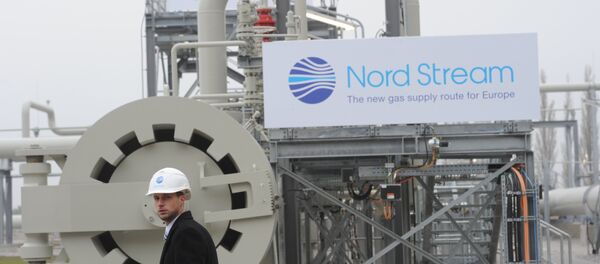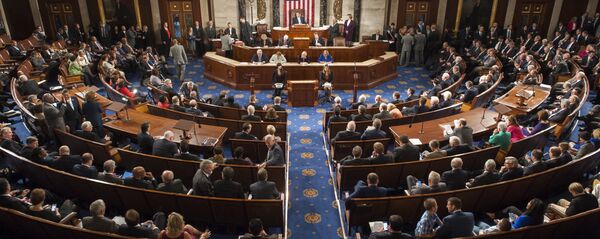France and Germany have so far spoken out against the bill that the US House passed overwhelmingly on Tuesday as one that adversely affects European industries while advancing US commercial interests.
"In a sense, the European Union is reaping the fruits of following Washington’s lead in the sanctions policy in the past three years," Chizhov told the Rossiya 24 television channel, adding that "the boomerang has returned to Europe’s doorstep."
According to Chizhov, the new restrictions will hit not only Russia but also their initiators.
"Now the cumulative effect of this boomerang will become noticeable in Europe even more," the diplomat stressed.
Chizov also called the idea to unite sanctions against Russia, Iran and North Korea into one document "absurd."
"The document is rather absurd, because three completely different issues, Russia, Iran and North Korea, have appeared in the same basket… Some formulations contain rather frank politically motivated calculations. For instance, the name of one section of the document states that this law is aimed at counteracting Russian influence in Europe and Eurasia" Chizhov said.
In April, Gazprom's subsidiary Nord Stream 2 AG signed a deal with French Engie, UK’s Royal Dutch Shell, Austria’s OMV and Germany's Uniper and Wintershall, which agreed to provide part of long-term financing of the gas pipeline project, estimated at 9.5 billion euros ($10.6 billion).
The Nord Stream 2 project presumes the construction of two gas pipelines with a combined annual capacity of 55 billion cubic meters of gas. The new pipeline is planned to be laid along the existing Nord Stream pipeline route from the Russian coast through the Baltic Sea, on to a hub in Germany.



